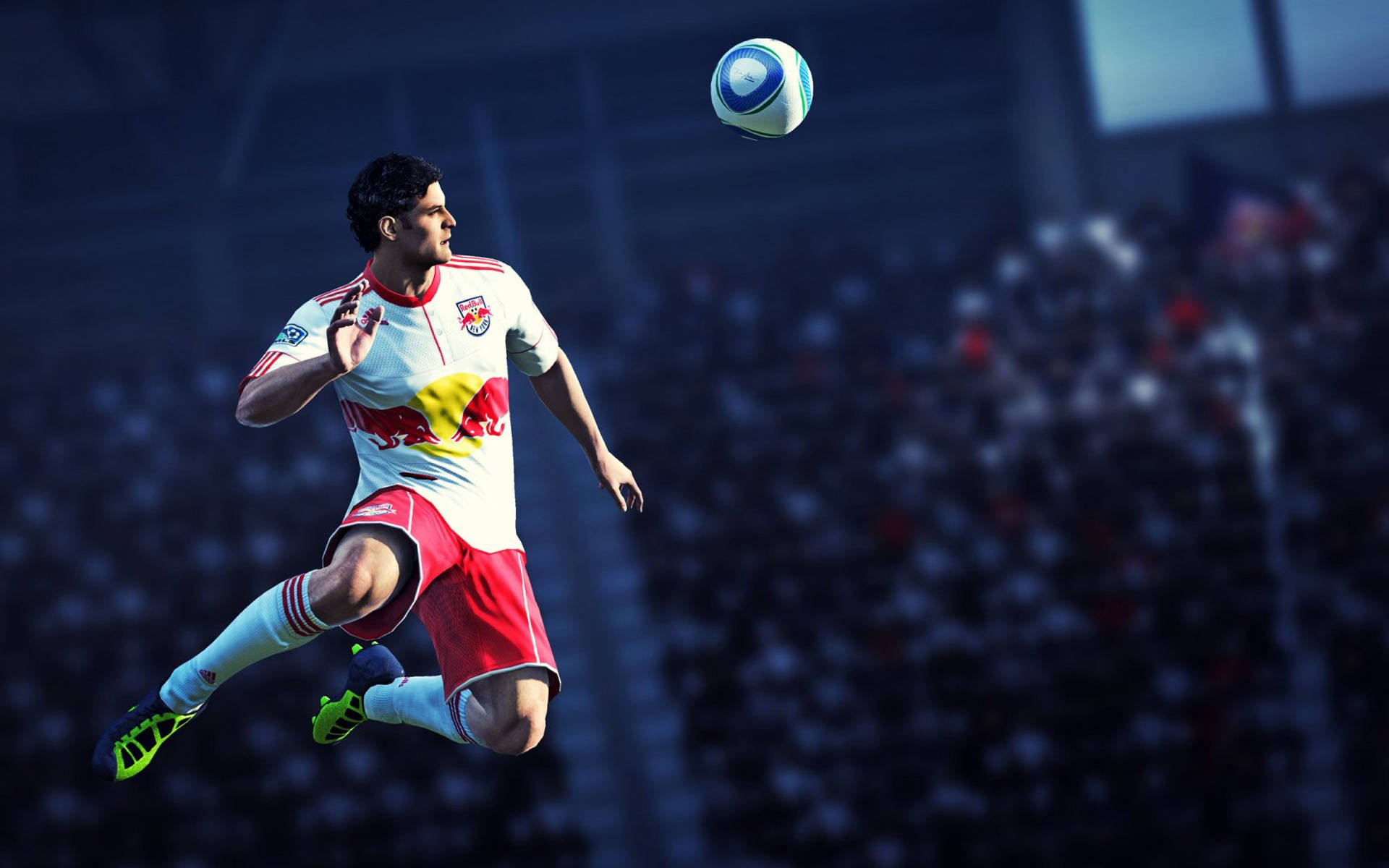
As a coach, you are a driving force behind the identity of your team. It is important to live by your values and take responsibility for them. Coaching success requires you to continuously seek out new knowledge, to improve your methods, and to be open to learning. The following article can help you to create and communicate a coaching philosophy.
Coaching can help coaches develop a personal coach philosophy
Coaching is about developing a personal and unique coaching philosophy. It will guide you in making decisions that reflect your values, beliefs, context, and convictions. Start by thinking about the coaching goals. Next, think about their core values. These principles should inform everything they do, including how they interact with their clients.
Developing a personal coaching philosophy will take some self-reflection and personal knowledge, but it will serve as a guideline for your coaching practice. Your philosophy should be based on what you believe in and what you stand for. You can make decisions that are clear and concrete by identifying your beliefs and values. This will set the foundation for your coaching style.

Personal coaching philosophy should reflect the current needs of clients. This will enable you to determine when to modify your personal coaching philosophy. It should also include expectations that will help you measure your performance as well as evaluate your coaching program.
Coaches have the ability to communicate their philosophy
It's important to have a philosophy when coaching soccer teams. This philosophy will influence the way players act, how they play the game, and how the team plays together. The philosophy is often used to define the culture and identity of the team. Before starting a season, coaches should have a strategy in place. This will ensure that everyone is aware of what to expect.
Coaches should have a philosophy that reflects the values they wish to instill in their players. Often, a coach's philosophy will be based on a system that emphasizes a certain type of play or a certain style of play. Coaches can share their philosophy with the team by explaining what they are trying to achieve and showing how they are working towards it.
A soccer philosophy works in the same way as a roadmap. Coaches' goals, expectations and values are all defined by their philosophy. It will direct the whole coaching process and influence training drills and coach behavior.

Coaches have the option to create a program of coaching that is ongoing.
Periodization is a way to organize training programs so that each athlete works toward their goals. The idea is to divide a year of training into microcycles and macrocycles. Each macrocycle lasts from three to six week. A year can be broken down into several phases by using three macrocycles, which are preparatory, competitive and transitional.
Periodization is similar in concept to planning. However, the difference is that periodization emphasizes benefits from training. Periodization is a great way to set goals, and create a plan for development that maximizes benefits while minimising risk. Periodization reduces stress and allows athletes to concentrate on their training instead of worrying about the results.
Periodization is beneficial for athletes in a variety sports. It allows the body and mind to adjust to the demands of various activities. It prevents overtraining by allowing for different training phases.
FAQ
Which size soccerball should I buy?
You can measure yourself to determine the size of your soccer ball. You can measure by standing straight with your arms out in front. A tape measure can be used to measure the circumference of your chest below your armpits. This measurement represents the circumference of your torso. Divide this number by 2 and multiply by 5. For example, if your chest is 40 inches long, divide this number by 2, and multiply by 5, which gives you 20. This is the circumference for a 20-inch diameter sphere. This formula can be used to calculate the size of your soccer ball.
How can you score a goal for soccer?
Your team must score a goal by getting the ball past your opponent's defense to their goal. Once the ball touches the goal, it is considered a goal. Soccer games award points for goals.
Which position should I take on a soccer team's soccer team?
In order to play on a soccer team, you must be selected by the coach. There are several positions within a soccer club. These include goalkeepers, defenders and midfielders. Each player has their own responsibilities.
Can I play without special equipment for soccer?
You can play soccer with no special equipment. All you need is a ball, a field, and teammates. You can form a team with friends if you have enough people who are willing to help you.
What is the role of a midfielder in soccer?
Midfielders are responsible for controlling play's flow. They move the ball side to side and back across the field. He may also pass it forward or backwards across the pitch. A great midfielder needs to anticipate where his teammates will go so he can pass the ball along the pitch.
What is soccer?
Soccer is an international team sport. Two teams play on a rectangle field with a goal at every end. The goal of the game is to score as many goals as possible in order to win. Rules govern the handling of the ball and who can play it. While soccer is a well-known sport, it was only recognized as an official sport by FIFA (Federation Internationale de Football Association) in 1930. Over 200 countries now have their own national soccer federations. More than 3 billion people around the world play some type of soccer as of 2016.
Statistics
- At the 2018 FIFA World Cup, Belgium playmaker Eden Hazard, renowned for being difficult to dispossess, set a World Cup record for successful dribbles completed in any World Cup game since 1966, with a 100% success rate in ten dribbles against Brazil.[10] (en.wikipedia.org)
- the estimated cumulative television audience for the 2006 World Cup in Germany was 26.2 billion, an average of 409 million viewers per match. (en.wikipedia.org)
- Even with the new issuance, control of the club will be retained by the Glazer family as they will retain 67% of B shares which have voting power, so little will likely change in the general approach taken to the finances of the club. (sites.duke.edu)
- After hosting an entertaining World Cup finals in 1994, the United States possessed some 16 million football players nationwide, up to 40 percent of whom were female. (britannica.com)
- Get 10% off your first purchase using code BLOG. (technefutbol.com)
External Links
How To
How to improve soccer passing
The most important skill in soccer (football) is passing. It involves moving the ball from player to player while maintaining possession of the ball. It is crucial to be able to quickly and accurately pass the ball.
To learn how to pass well you need to know the types of passes and where and when they should be taken. Practice them until you are comfortable with them. There are four main types of passes: through passes, long passes, through balls, and short passes. Short passes are usually made at close range and are usually made to move the ball forward. Long balls are thrown towards the goalkeeper of the opposing team. Through balls are passed directly to the middle of the pitch and through passes are then passed to another player who then plays it back to your goalkeeper.
Keep it simple when passing the ball. Make sure your teammate has enough room before he gets it. If your teammate doesn't have enough room, he might lose his balance or fall and lose control of the ball. As defense, it is crucial to always cover your teammates. You'll make it impossible for your opponents to attack.
Another important thing to remember when playing is not to throw the ball away. Tossing the ball away can make it more difficult to score, as opposing players may take advantage of your error. Always look for opportunities to score goals and open doors. If there are gaps in your defence, exploit them.
It is important to practice daily if you want better play. To prepare for your next match, you can do drills. Before you begin a match, warm up. You should then give it all you have during the game. Keep your head up and calm. These habits will help you perform better in a competitive game.